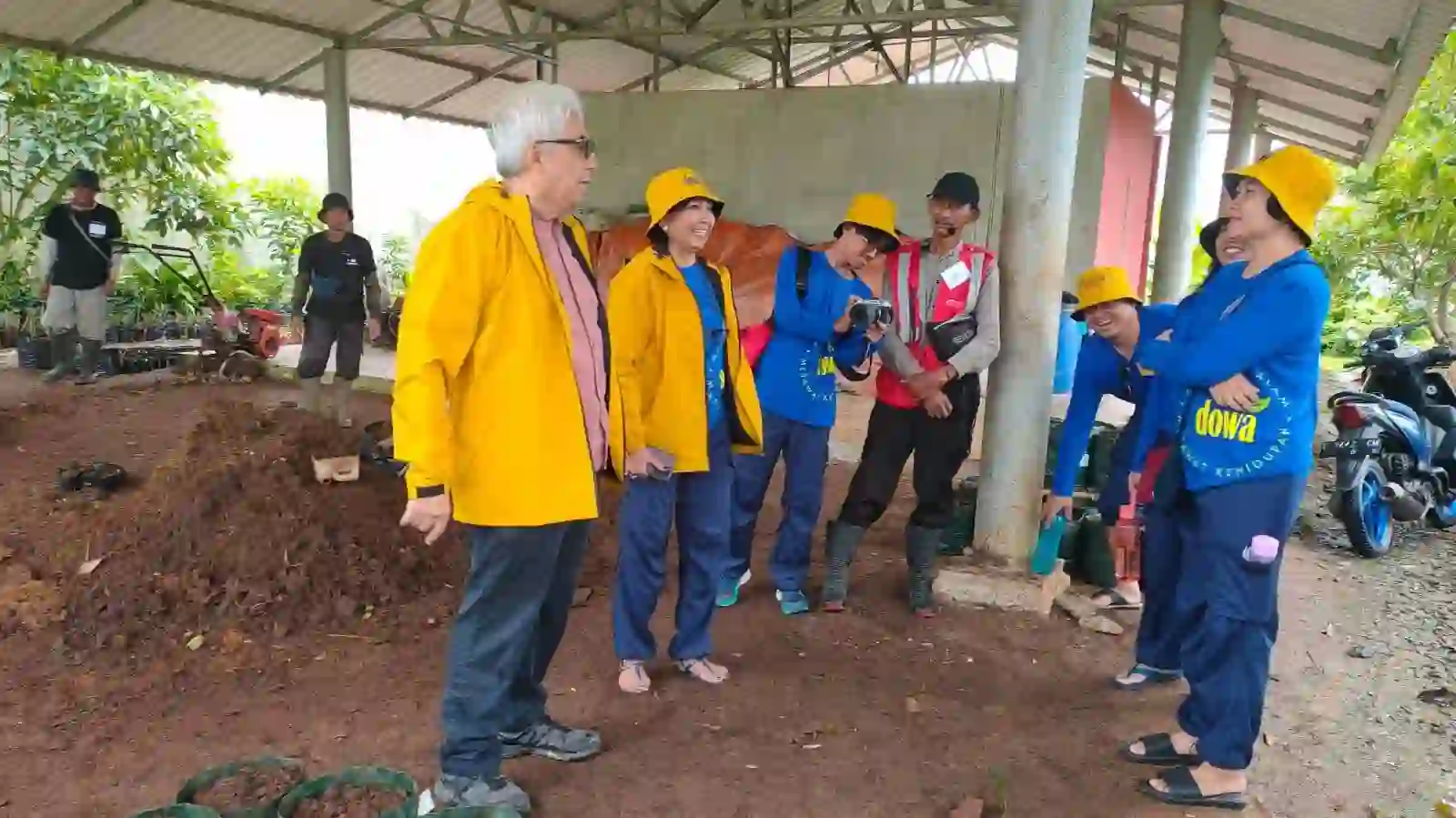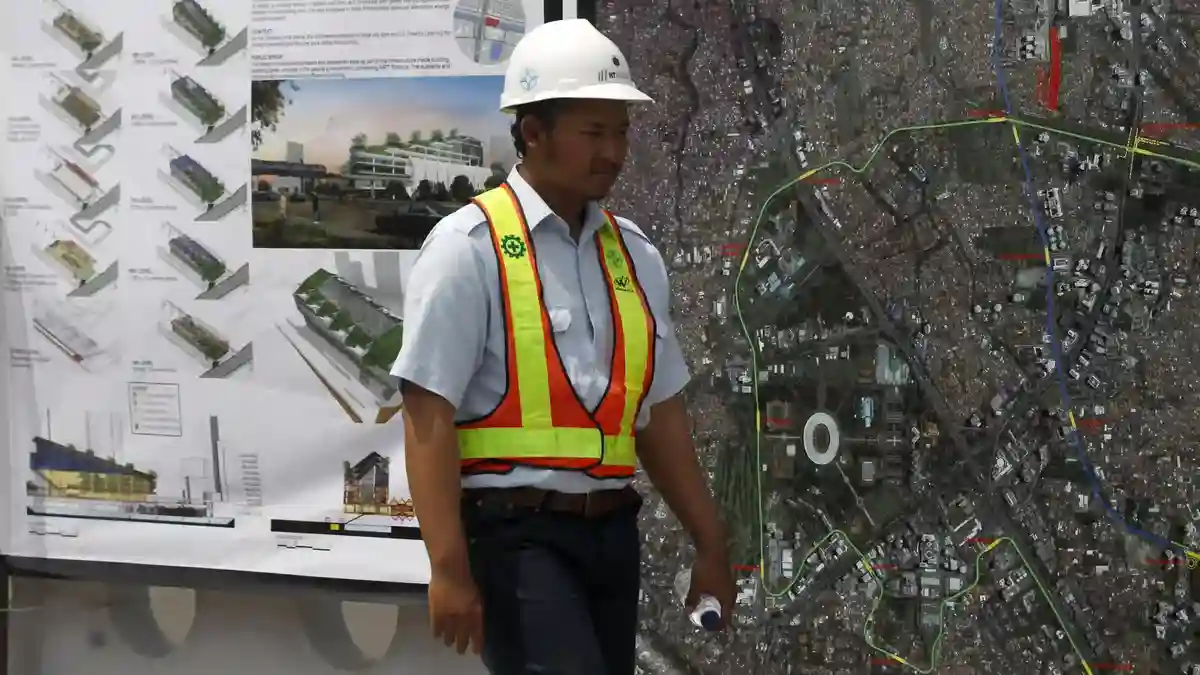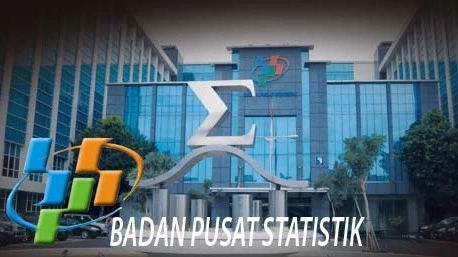
Harun Al-Rasyid Lubis. Professor at Bandung Institute of Technology (ITB), Faculty of Civil & Environmental Engineering, currently active as Chairperson IPKC (Infrastructure Partnership & Knowledge Center).
The first part of this article outlined the fundamental conflict between the neoliberal worldview and the values enshrined in Indonesia’s Constitution, particularly Article 33.
This clause is not merely legal text; it is the philosophical antithesis to neoliberalism, mandating that the soil, water, and natural resources within are controlled by the state and used for the people’s greatest prosperity.
The economy is to be structured as a common endeavor based on the familial principle (azas kekeluargaan), prioritizing 'collective good' over 'individual profit.'
The pressing question, then, is how this constitutional mandate can be maintained and implemented in an era of global capital and market fundamentalism.
The administration of President Prabowo Subianto, with its advocacy for "people-centered development" and its incredibly ambitious target of 8% economic growth, presents a critical test case.
This growth target is not just a number; it is a lens through which the tension between neoliberal means and communitarian ends becomes starkly visible.
A Double-Edged Sword

Achieving 8% sustained growth is a Herculean task for any large economy, and for Indonesia, it is unprecedented in the post-Reform Era.
This target is central to the government’s vision of rapidly lifting incomes and financing expansive social welfare programs. However, the pursuit of this goal creates a powerful gravitational pull toward neoliberal policy tools.
The Investment Imperative
Such growth cannot be fueled by domestic savings alone. It requires massive inflows of Foreign Direct Investment (FDI).
To attract this capital, the state will feel intense pressure to offer what investors want: deregulation, streamlined permits, flexible labor markets, and tax incentives—a classic neoliberal playbook.
The recently enacted Job Creation Law (UU Cipta Kerja) was fundamentally designed for this purpose, illustrating the inherent policy tilt towards market-friendly reforms to achieve growth objectives.
The Efficiency vs. Equity Dilemma
High growth often prioritizes efficiency—getting resources to their most productive (i.e., profitable) use quickly.
This can run directly counter to the azas kekeluargaan principle, which may justify supporting less efficient domestic SMEs or cooperatives for broader social benefit.
The 8% target amplifies this dilemma, potentially marginalizing equity considerations in a race for headline growth figures.
Navigating the Contradiction

President Prabowo’s model, exemplified by the massive free school lunch program, attempts to resolve this tension by using the state to ensure that the benefits of growth are immediately distributed.
It is an effort to prove that high growth and social justice are not mutually exclusive. The government’s bet is that investing in human capital (healthier, smarter children) will itself fuel long-term productivity and growth.
However, this model faces a formidable challenge, namely funding. The fiscal burden of these programs is enormous.
This creates a precarious dependency as the social programs require high growth to be fiscally sustainable, and achieving that high growth may require policies that undermine the social solidarity the programs are meant to foster.
If state revenue and FDI do not materialize at the expected scale, the government faces a brutal choice: abandon its social goals, take on unsustainable debt, or risk macroeconomic instability.
The Structural Hurdles to 8% Growth
Beyond this policy tension, the 8% target confronts deep-seated structural barriers that decades of varying economic approaches have failed to overcome:
The Middle-Income Trap
Indonesia’s economy remains reliant on commodity exports and low-value-added manufacturing.
Breaking into high-value sectors requires a quantum leap in human capital quality, technological adoption, and R&D investment—areas where Indonesia continues to lag behind regional competitors like Vietnam and Malaysia.
The 8% growth target is likely unachievable without solving this fundamental problem first.
Infrastructure Deficit
While significant progress has been made, logistics costs remain high outside of Java.
Connecting the archipelago’s economic potential requires trillions of Rupiah in continued investment in ports, roads, railways, and energy grids, further straining the public purse and increasing the lure of privatization.
The Global Context
The era of hyper-globalization that fueled export-led growth miracles is fading.
Geopolitical fragmentation, trade wars, and a slower-growing China present significant headwinds, making an 8% export-driven growth strategy far more difficult than it was for the Asian Tigers in the 1980s-90s.
Read Also: Banking on False Hope: Why Indonesia's IDR200 Trillion Stimulus Needs to be More Than Money
Therefore, the question is not merely whether 8% growth can be achieved, but how it would be achieved and who would bear the costs and reap the benefits.
The pursuit of this target will constantly test the government’s commitment to Article 33.

Every decision to attract "a foreign giant" over nurturing "a local enterprise," every choice to prioritize "a quick-impact infrastructure project with private capital" over "a slower, publicly controlled one", and every compromise on environmental or labor standards for the sake of competitiveness will represent a point of friction between neoliberal growth strategies and people-centered development.
The likelihood of achieving the targeted 8% of economic growth is low under the current global and structural constraints. However, the relentless pursuit of the target is highly likely to shape policy in a distinctly neoliberal direction.
The ultimate legacy of this administration may therefore be judged not on whether it hit a specific economic number, but on how it can manage the inherent contradiction between the relentless pursuit of growth and the constitutional duty to build a sovereign, just, and truly familial economy.***
Follow The Stance's Whatsapp and Telegram channels for public information, policy news & geopolitic updates.







